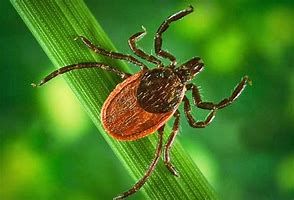
Keep Ticks and Insects at Bay
Your lawn should be a place that you, your family, and your pets can enjoy year-round. If you want to protect yourself from annoying and potentially harmful insects, we can help. In most cases, our Tick & Insect Control treatment usually lasts around 30 days and will dramatically reduce the numbers of pests you encounter in your lawn. If you have issues with these pests, we recommend adding this treatment in with your Early, Mid, and Late Summer lawn services. Call today to get set up for this service.
